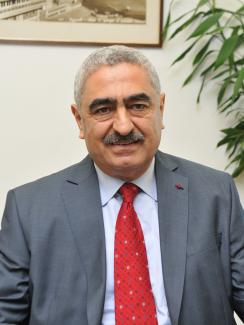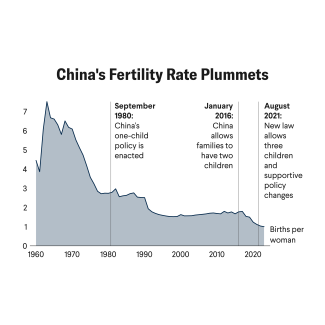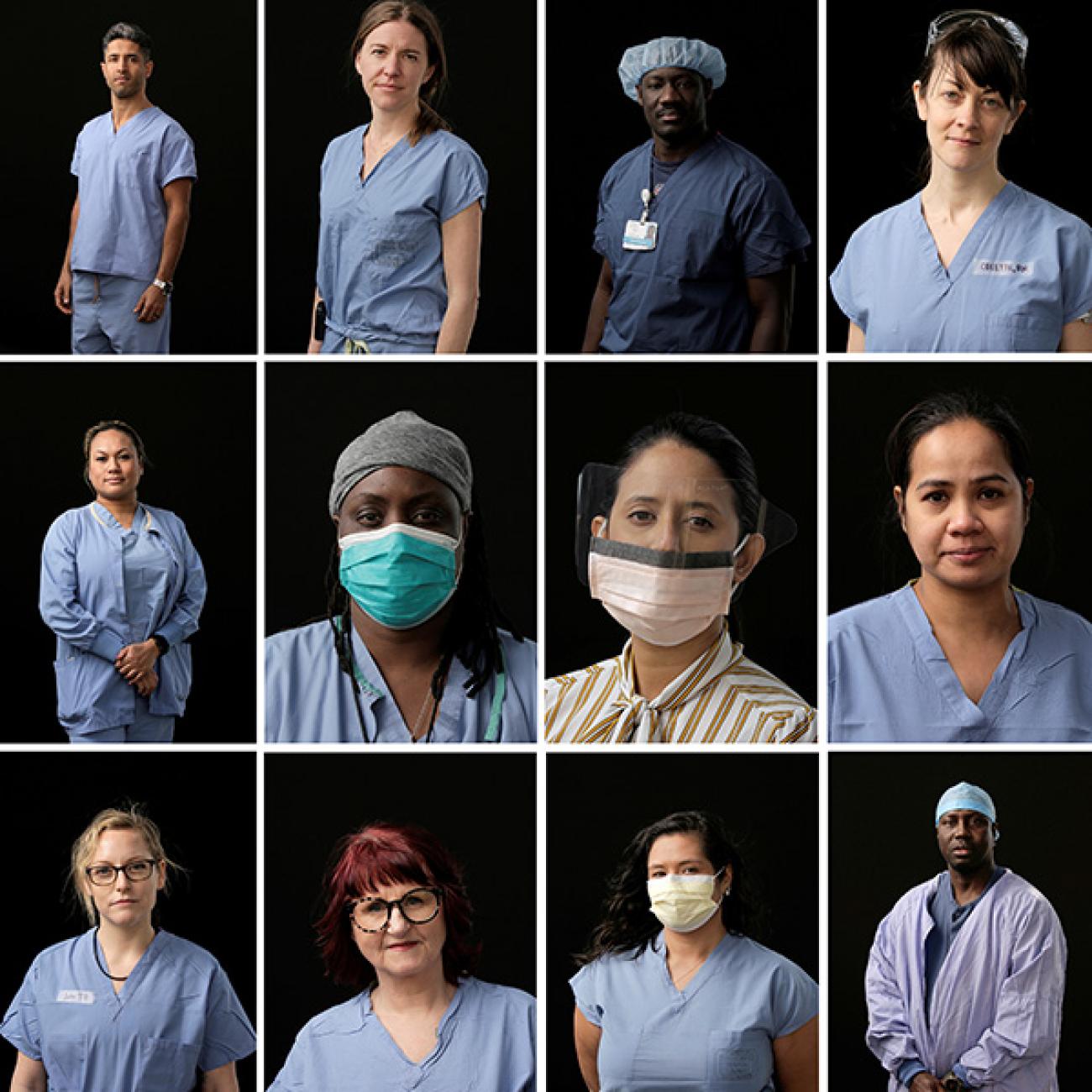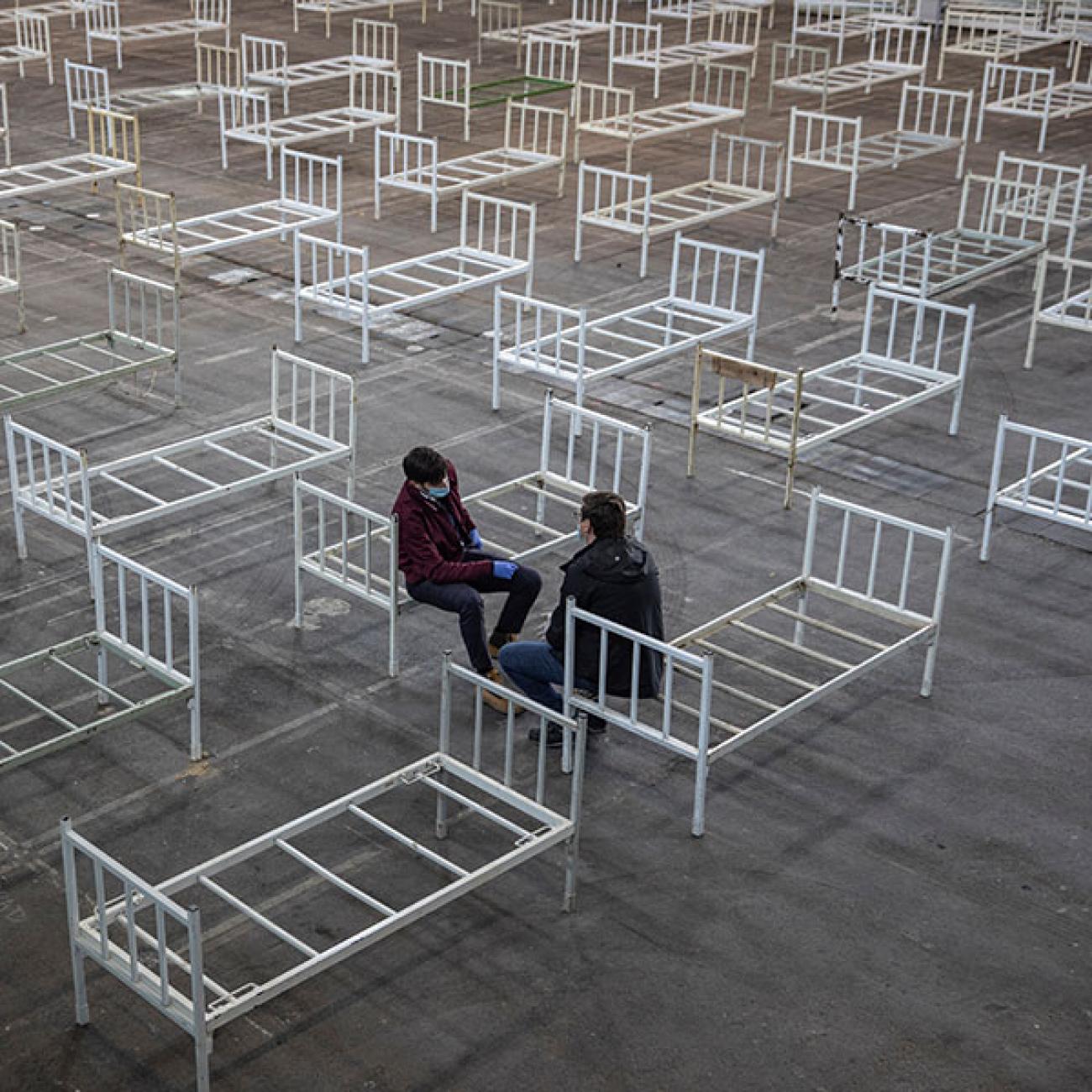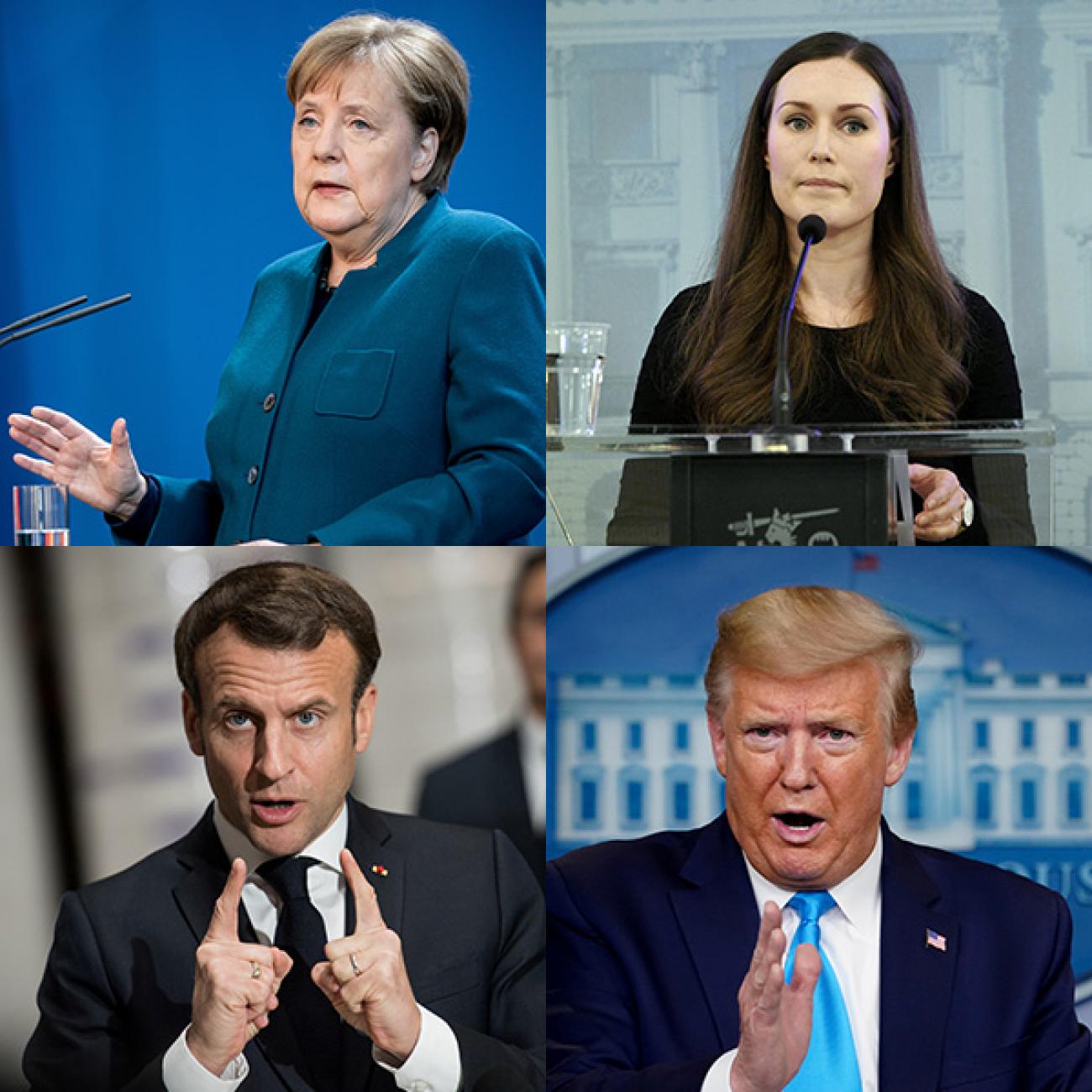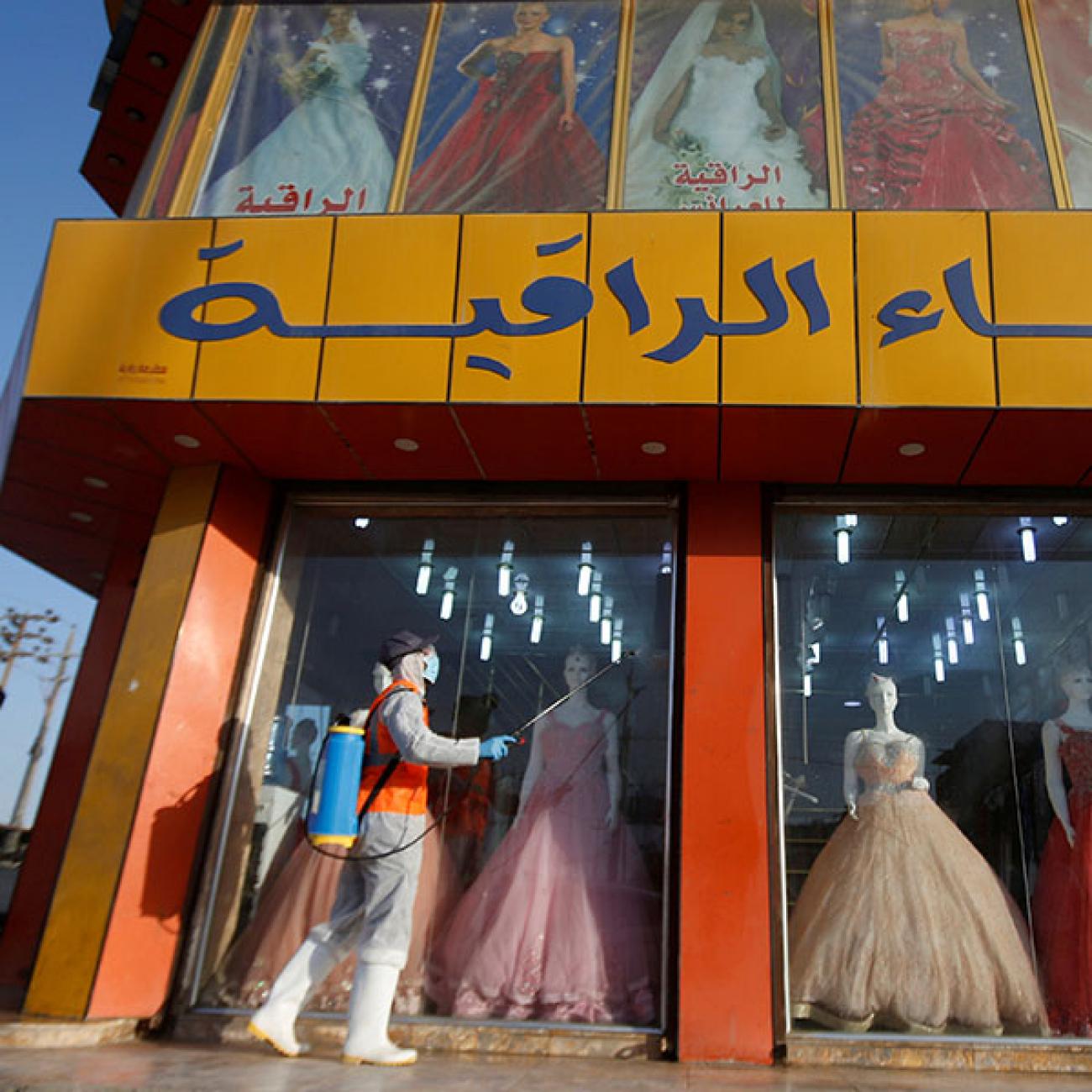The first case of COVID-19 occurred in Lebanon on February 21, and despite early fears that the country’s difficult economic situation left the country ill-equipped to handle coronavirus, the nation has reported relatively few cases in the two months since. Like many other nations, Lebanon is facing a critical shortage of tests to confirm infections, a growing need for personal protective equipment, and the looming threat of a continuing pandemic. Think Global Health caught up with Walid Ammar, director general of Lebanon's Ministry of Public Health since 1993 and a former WHO executive board member, interviewing him remotely from his office in Beirut. We asked him about strategies Lebanon has employed to contain the virus, the WHO's performance, what the COVID-19 threat means for the ordinary Lebanese citizen, and what it may mean for the country's camps of refugees—a huge at-risk population, about which he said he is "very, very worried."
□ □ □ □ □
THINK GLOBAL HEALTH: Broadly describe the country situation in Lebanon today. What has happened with COVID-19 so far?
AMMAR: So the number of cases as of today [April 20, 2020] is 677 cases, with a case fatality rate of about three per hundred—3 percent. We were prepared for this pandemic because for ten years we have been working on building our capacity in epidemiological surveillance and response. We have been also building the capacity of the biggest public hospital in in Lebanon, which is the Hariri University Hospital. And this is based on our experience with the H1N1 pandemic in 2010, where we had difficulties to admit patients in the private sector. Most of the hospitals in Lebanon belong to the private sector.
We were prepared for this pandemic because for ten years we have been working on building our capacity in epidemiological surveillance and response
When facing a pandemic, private hospitals were reluctant to admit cases—so we started building capacity in the public hospital—and we built the laboratory capacity. We have the laboratory in the Hariri Hospital, recognized by the WHO as a reference laboratory for infectious disease. And in January 31, when [the novel coronavirus] was declared as a public health emergency of international concern by the WHO, we activated our program, and we started tracing and identifying [people] coming from China and some other countries until February 21—well, on February 19, the number of cases declared by Iran to the WHO was zero.
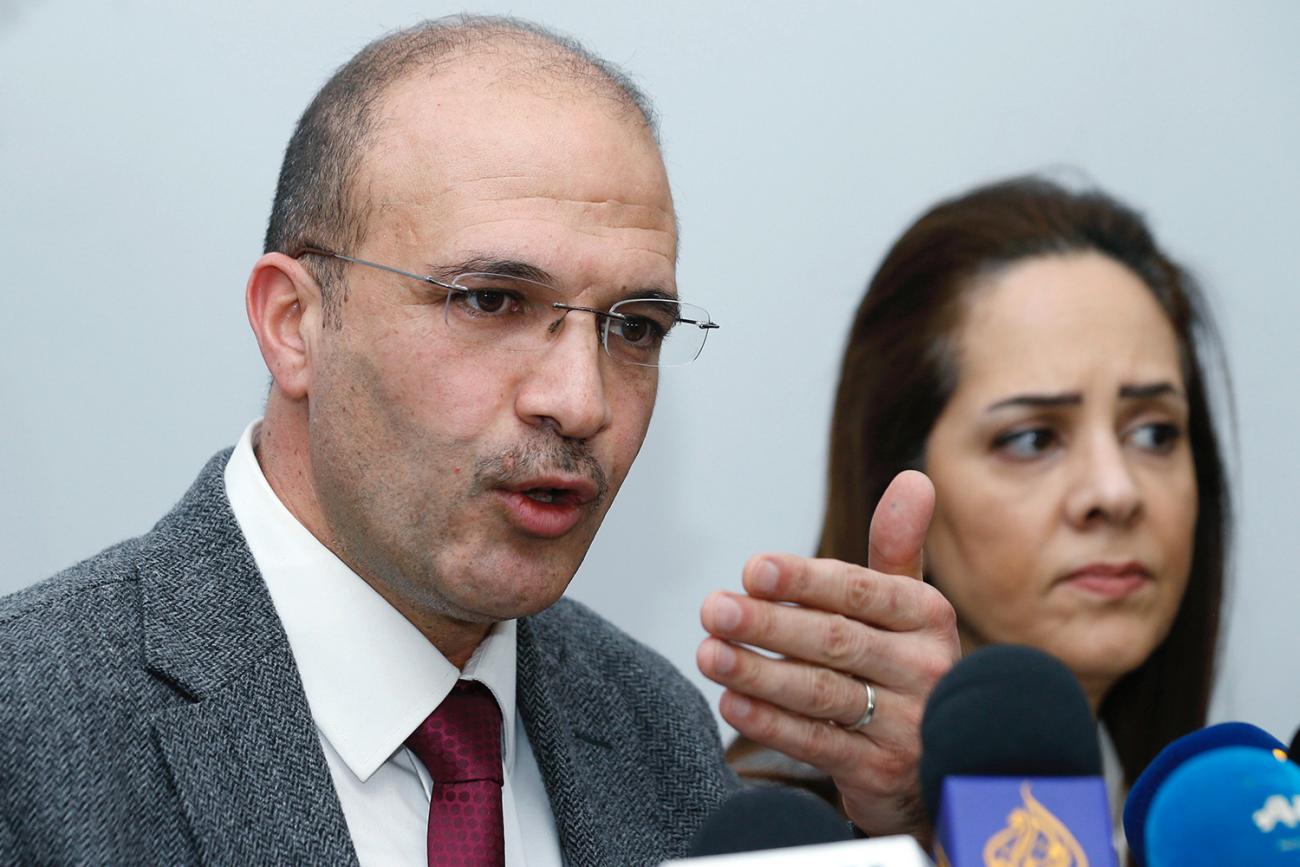
On February 20, we noticed that something was happening in Iran. I called the airport asking about flights from Iran, and I knew that we had a flight coming from Iran and that afternoon. And we sent my team to the plane, and we have identified the very first case coming in the country. And we took the lady to the Hariri Hospital directly, without going through the airport—from the plane directly to the hospital. And this was a very important signal to all the people coming from Iran, because at that time people were having religious visits to Iran. And when they come back, they are welcomed by all the neighbors. When we were able to diagnose this, it was important as an alarm to the people to stay at home. And I think this fact was determinate to control the whole situation after that period.
When we were able to diagnose this, it was important as an alarm to the people to stay at home
And then, of course, we had the different social distancing measures that were taken by the government. Starting by the school and university closures on February 29, and then the lockdown on March 15. Well, at that time we estimated—or, we were trying to flatten the curve and at the same time to build our capacity of the health system, particularly the hospital beds, intensive care units (ICUs), and ventilators. And we projected that if we would have had, you know, about five thousand cases in a in a time period of ten weeks or two months, we were capable to deal with it. So this was our threshold, because our estimation was that this would need six hundred hospital beds, three hundred ICU beds, and 250 ventilators. This was our target around the third week of March.
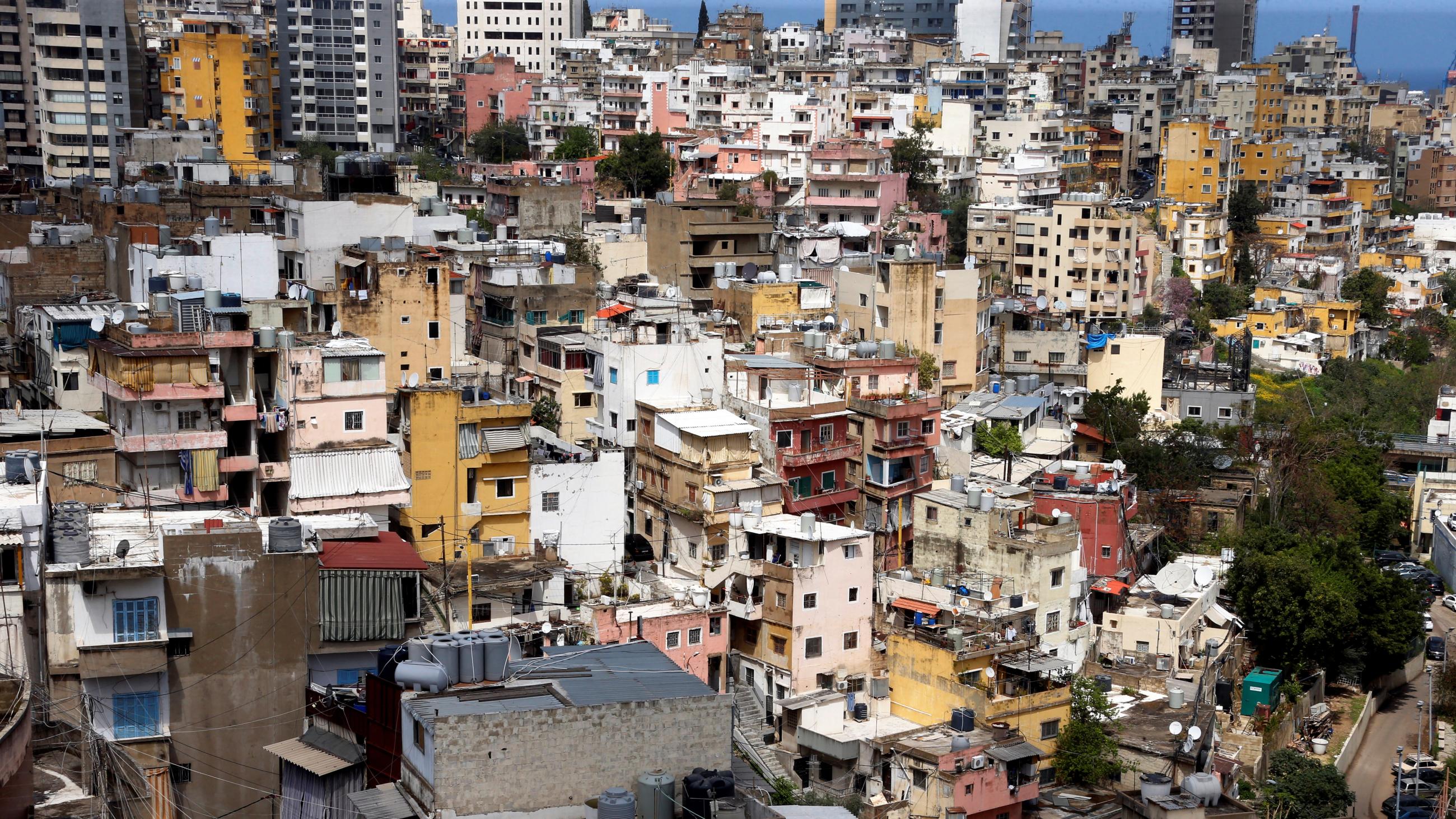
Now we are one month later—in the third week of April. At that time we had about three hundred cases, and now we have less than several hundred cases. We are really far from reaching this peak. This is our situation now. And we are considering lifting gradually the lockdown measures in the coming weeks.
□ □ □ □ □
THINK GLOBAL HEALTH: Do you have any remaining critical needs for personal protective equipment (PPE) or ICU beds?
AMMAR: Well, we are still really worried because of the limited resources. The number of tests has been low so far. We have reached one thousand a day in our best case, and this is not enough. This is not enough. Our target is to reach at least two thousand per day—better to have three thousand per day. But this is our immediate target, to make sure that we are not missing cases. And I'm sure that we are missing cases because there are many cases that are asymptomatic. And why we don't have enough tests? Because we don't have enough kits and reagents to do these tests.
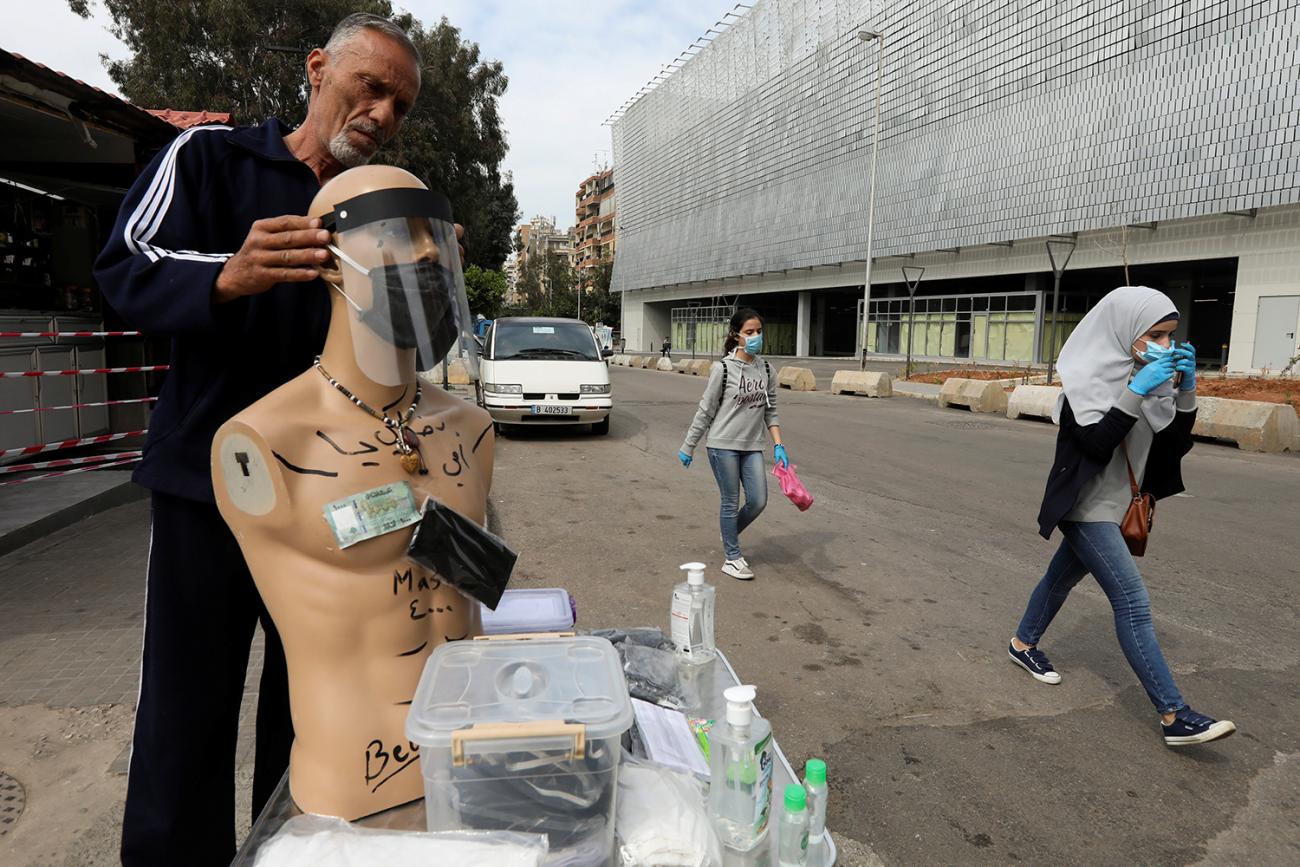
This is why we continue to apply the containment measures, meaning the early diagnosis, case investigation, and contact tracing. We will be less worried when we will be having two thousand tests per day for at least one week, to confirm our numbers. This is one.
And second, we have a problem with PPE. You know, except in the Hariri Hospital, all the other hospitals that we were preparing to accept cases, they are lacking PPE. We have a shortage in PPEs, and we are worried, once we will be gradually lifting the lockdown measures we will be in need of masks for everybody. So we don't have these masks in the private pharmacies for people to purchase.
So we have a problem in having PPEs and the reagents for testing.
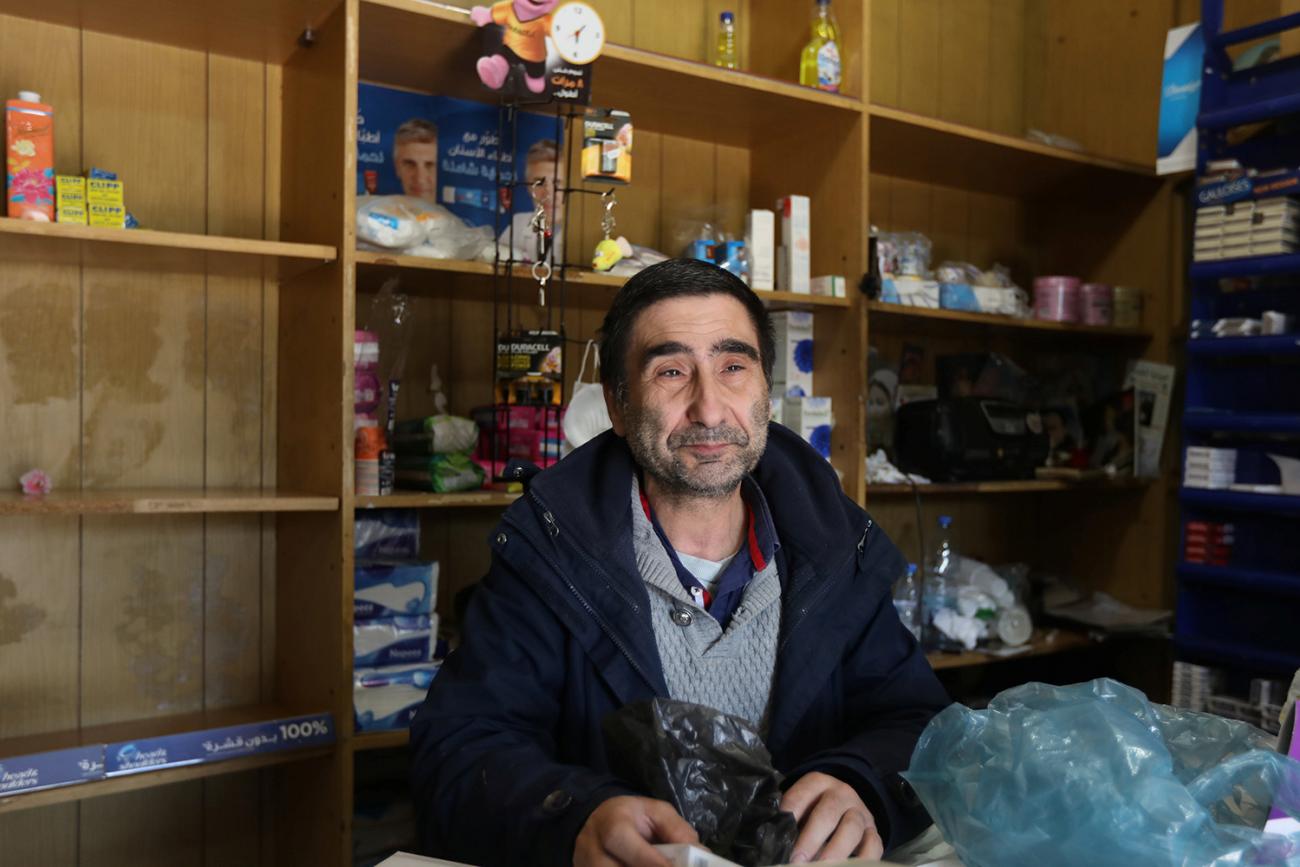
□ □ □ □ □
THINK GLOBAL HEALTH: How has your testing strategy changed? What criteria are being applied now?
AMMAR: Up to a few days [ago], the case definition was having symptoms and having a contact or coming from a country with community transmission. So we were strict in applying [them] so only these people that fit the case definition were allowed to have the PCR tests, since we are not in the influenza period now, so anyone who is having symptom without history of contact with the case can come for a test. So we remain targeting people with symptoms.
We are very worried about the situation in the refugee camps and displaced Syrians camps
We are a little bit worried because in some districts—four or five districts—we have zero cases. So we are targeting these districts by having random sampling to make sure that this is the case. We are very worried about the situation in the refugee camps and displaced Syrians camps because there also we don't have cases. And we are worried about that. So we are targeting these places to make sure that we don't have cases, because if we have cases there, this would be really very, very difficult. We are targeting our testing, but in addition to that we are doing random testing in certain places. We are lacking reagents, but also we are lacking swabs. We don't have enough swabs to get samples for testing.
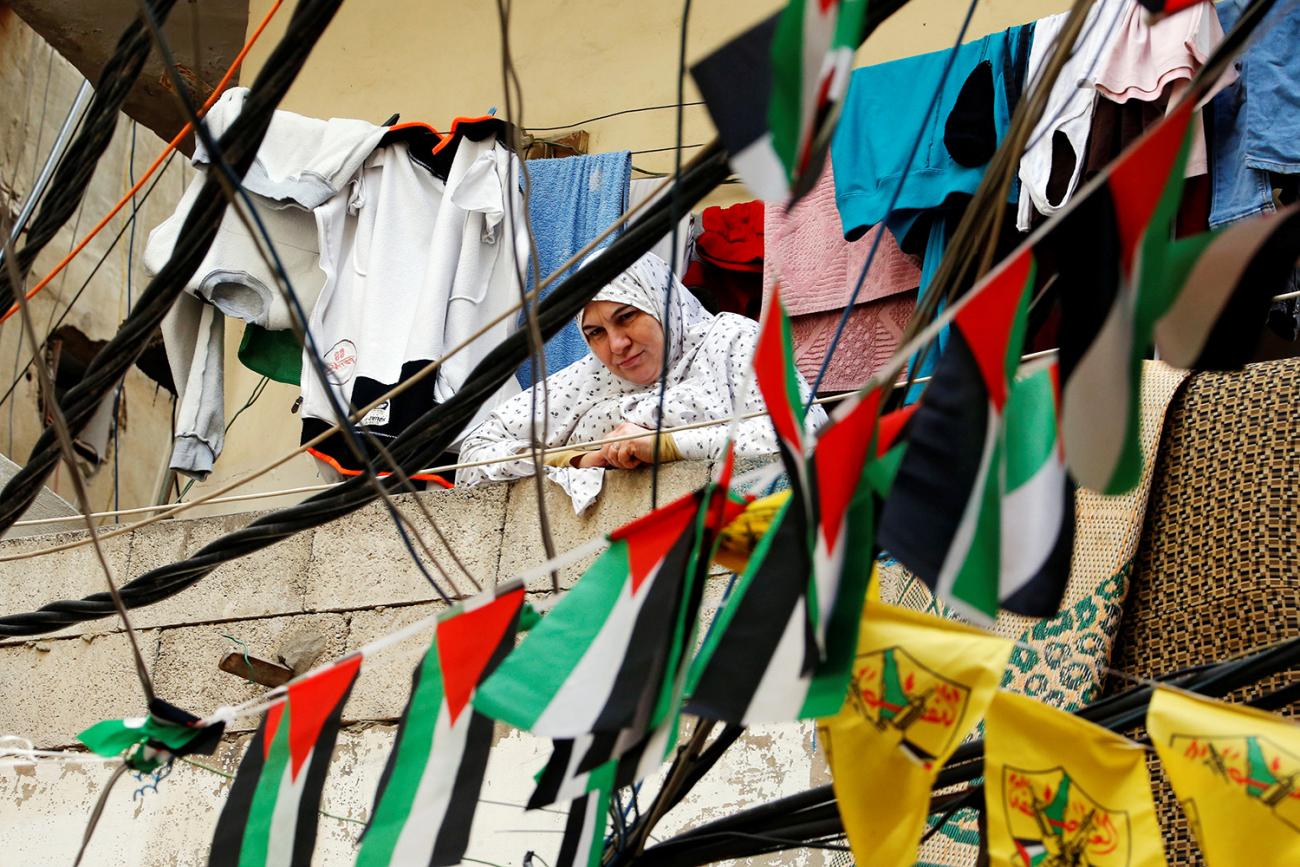
□ □ □ □ □
THINK GLOBAL HEALTH: There have been stories of countries buying up stocks or restricting the export of stocks. Is that affecting you?
AMMAR: Yes. It becomes very, very difficult. We are getting materiel at very high prices, and now mostly from China. And we are worried. Now the question is about if we are going to use the rapid tests, the antibody tests, and there are question marks. We want to validate these tests before using them, we have validated some of them, and the result was not really encouraging. But I think we are not yet at this period of testing the immunity at the community level. We are at a period where we should discover every case, and to make sure that this case has the disease to take to isolate the case, and to quarantine the people who come in close contact with the case. We are relying mostly on the PCR.
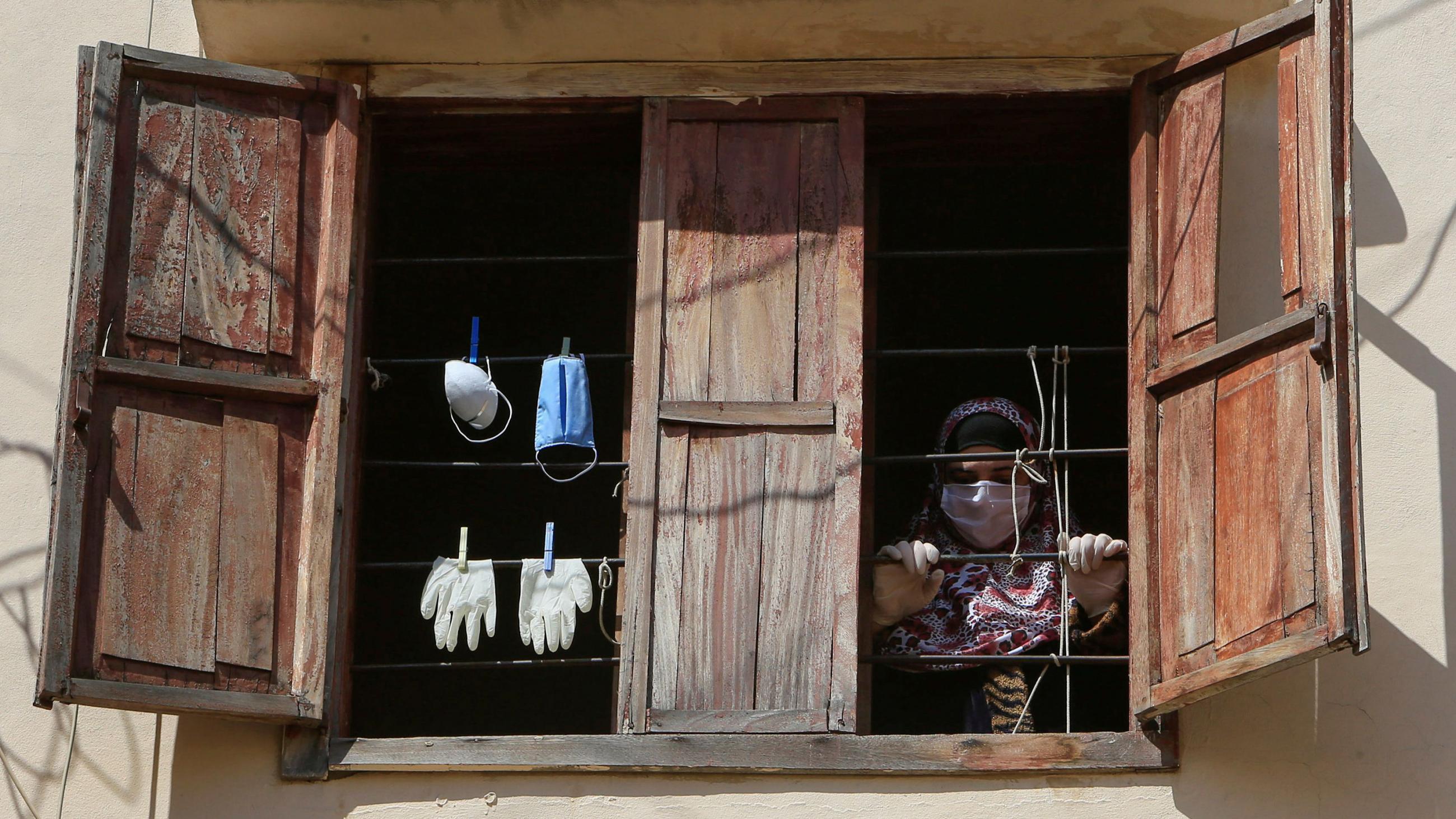
□ □ □ □ □
THINK GLOBAL HEALTH: What about the populations in the refugee camps? There are no known cases, but I wanted to ask about the monitoring and how prepared you are to deal with an outbreak, should one occur.
AMMAR: Yes. You know, in our system anything that is related to infectious disease or public health, we do not make any difference between a Lebanese or non-Lebanese. Among our cases we have Syrians, we have people from different nationalities—about twelve nationalities. So anybody that fits the case definition is tested and treated. Now, we were not particularly targeting this vulnerable population, and we have been asking the United Nations High Commissioner for Refugees (UNHCR) to play this role.
We don't have the resources to cover hospitalizations in this vulnerable population
We have been pushing them to do this and, well, they don't have enough resources and they were not really proactive. They were planning, and they are still planning, and they didn’t have a good plan. They didn't do anything tangible yet. So we are really worried because anything to do with the primary health care, we offer services to everybody. Vaccination is offered to everybody. But hospital care—we are not able to cover this for Syrian refugees or displaced Syrians. So for the Palestinian, the United Nations Relief and Works Agency for Palestine Refugees in the Near East (UNRWA) was playing this role. For the displaced Syrians, the UNHCR. We don't have the resources to cover hospitalizations in this vulnerable population, and we are really dependent on the resources of UNRWA and UNHCR. We are really very, very worried about this.
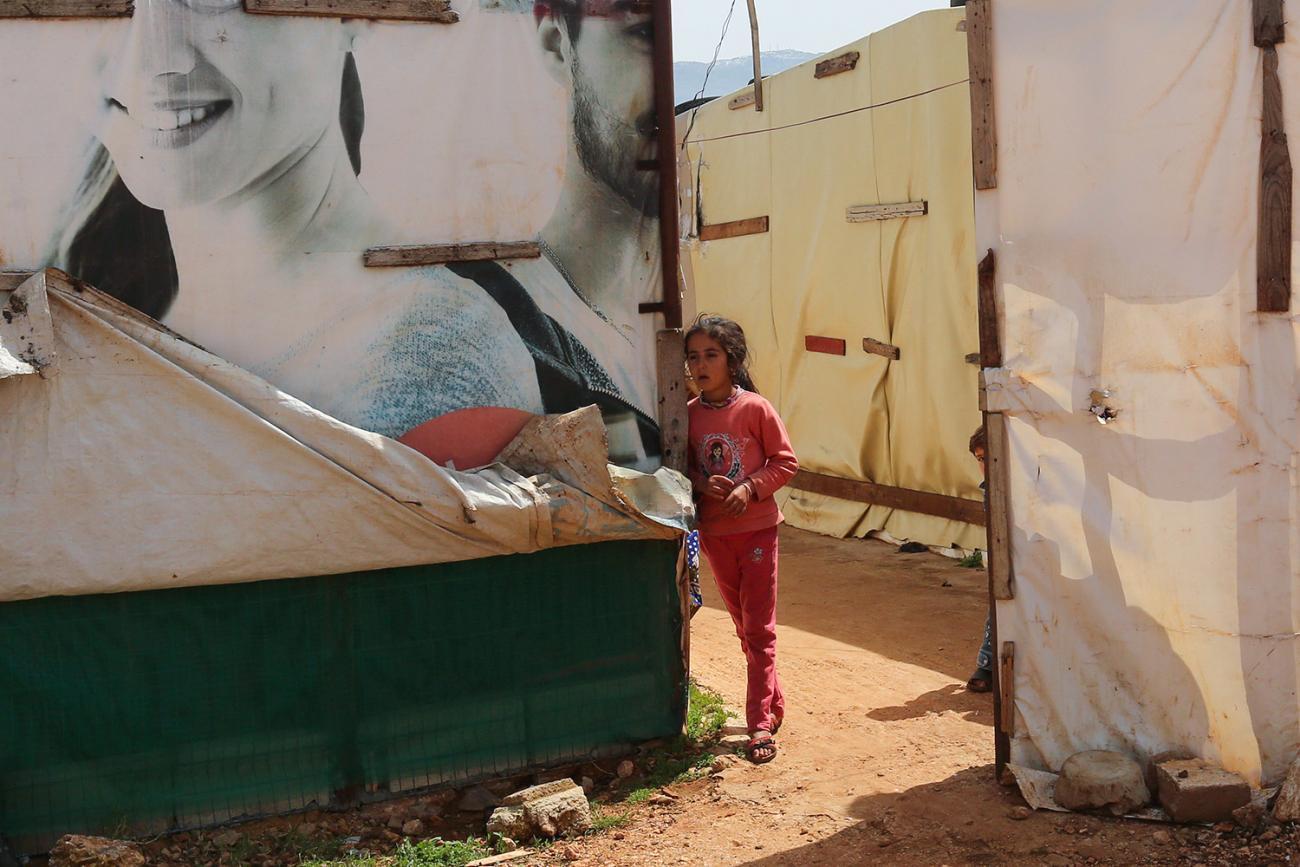
□ □ □ □ □
THINK GLOBAL HEALTH: How are things working within the country in terms of other ministries or other agencies? Are you working with economists and the finance ministry, and how is that going?
AMMAR: Yes. Well, there is at the office of the Prime Minister regular meetings with people from different ministries that are involved. And so we are cooperating with all other ministries: Ministry of Social Affairs, Ministry of Interior, Ministry of Finance, Ministry of Education, of course—many other ministries. The problem is that we have a huge economic and financial problem in this country, and we are lacking cash. We are lacking dollars. And the resources are really very, very limited for all other ministries.
When we ask people to stay home and then they cannot comply they say: I should do work, otherwise I cannot have money, I cannot live, I cannot purchase food. So this is what we are facing now. I mean, in many other countries they are in the same situation, but particularly in Lebanon, you know, we have a huge economic and financial crisis. And then on top of that, we have COVID-19.
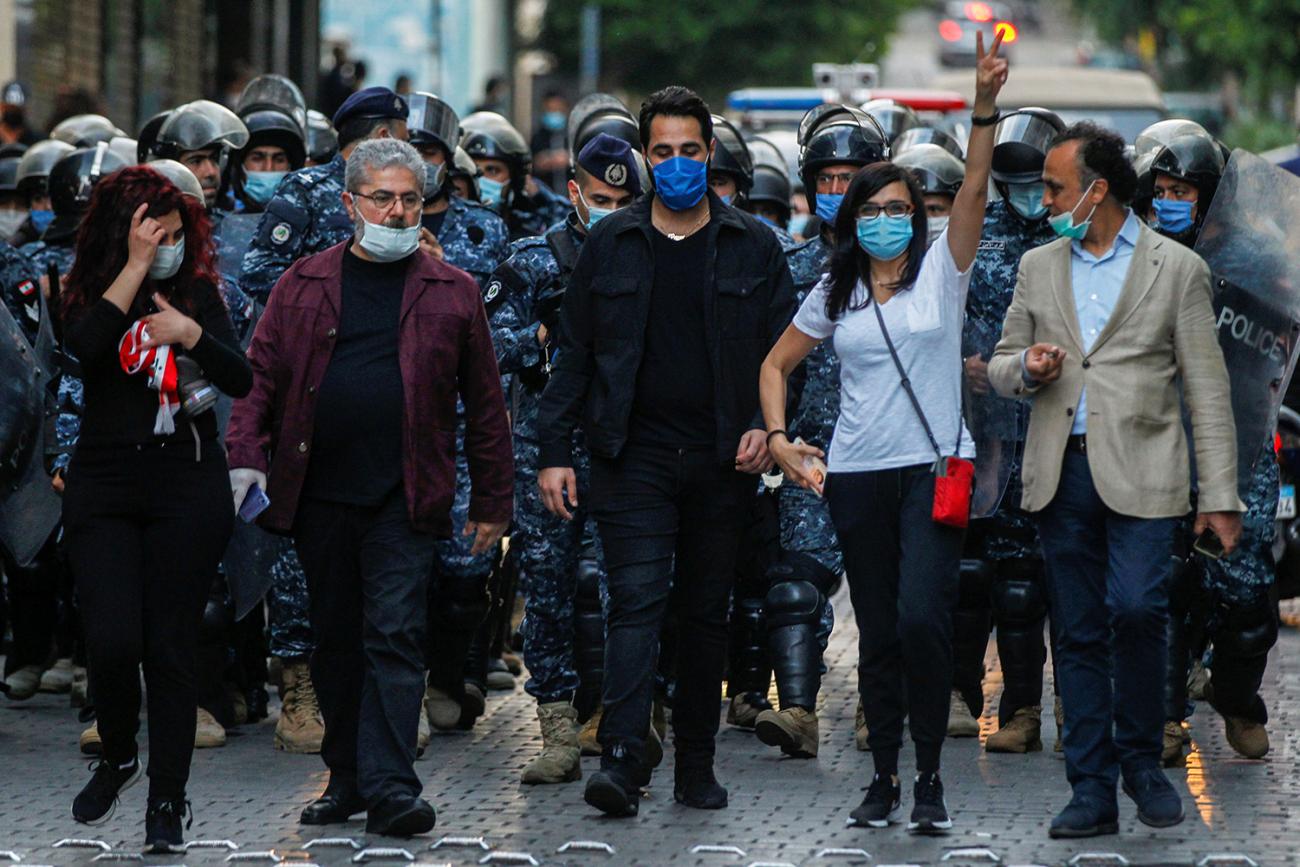
□ □ □ □ □
THINK GLOBAL HEALTH: What about the World Health Organization, other governments, nongovernmental organizations, and other help from outside? How is that going? Is it sufficient? How you believe the World Health Organization has done in this pandemic?
AMMAR: Well, we have a very good relation with the WHO country office, regional office. And they have been really very, very helpful. We work together on a daily basis and they are helping us, getting resources, getting reagents for laboratories, PPEs—even ventilators. And we were able to use a loan from the World Bank. So part of this loan was shifted to WHO country office to purchase, you know, essential materiel to face COVID-19. UNICEF has also helpful to a certain degree, but the others are not, up to now, really supportive. The role of WHO is as a technical support agency—I think they have played an important role. What we are doing about the testing, case investigation, contact tracing, this is from this. I know that some countries are not happy with WHO, but we are happy with WHO. I think they gave good advice to countries. You know, I’m personally member of the IOAC Committee. I don’t know if you know it: the Independent Oversight and Advisory Committee for the emergency program of WHO.
□ □ □ □ □
THINK GLOBAL HEALTH: We do know it.
AMMAR: So I'm aware of what's happening in WHO. Personally, I think they are doing good work. Frankly, considering the resources that they have, this is not the time to deprive them of resources. This is the time to support them more. This is my view.
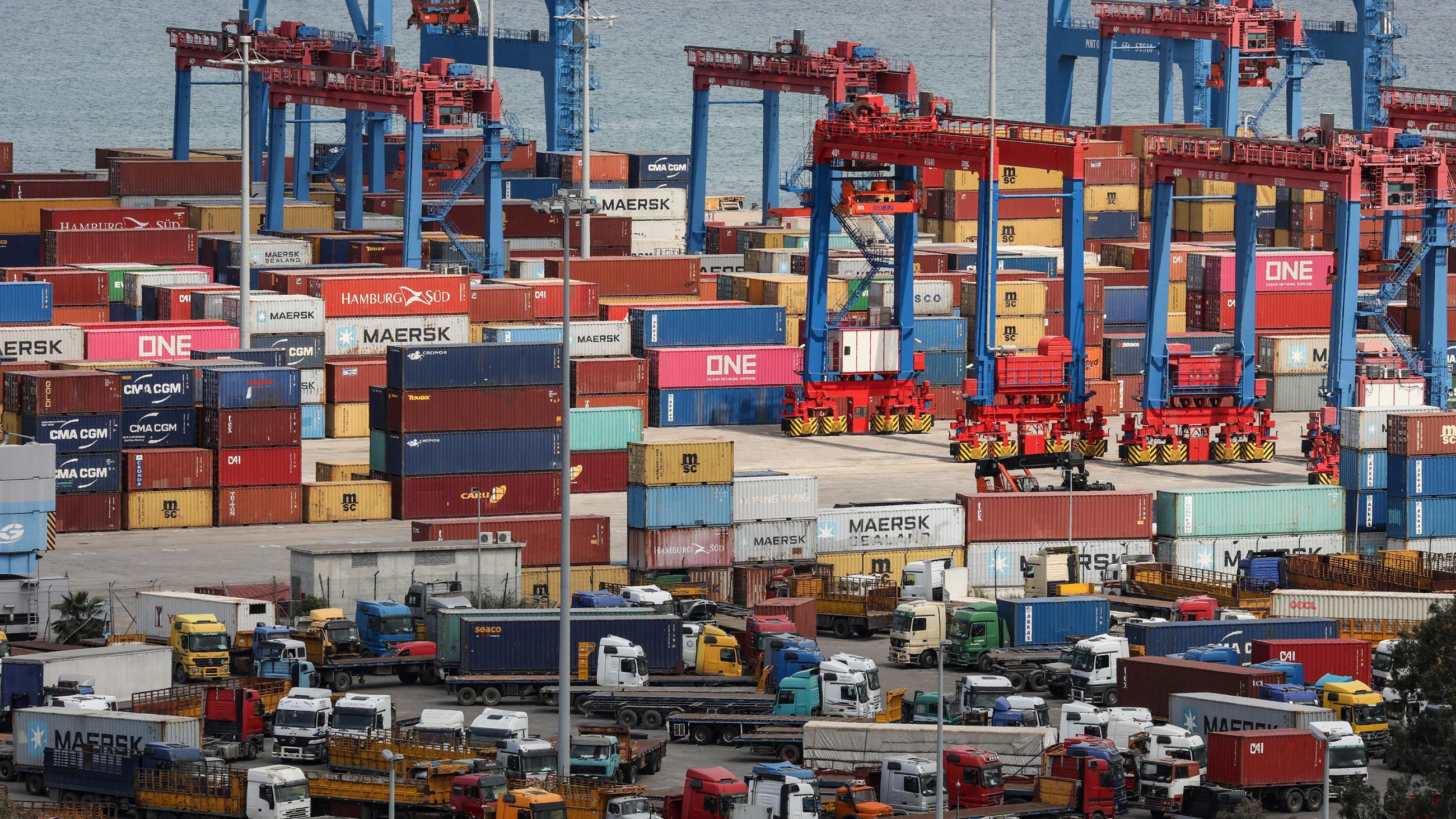
□ □ □ □ □
THINK GLOBAL HEALTH: What your greatest concern is right now, and what gives you hope?
AMMAR: Well, my concern is the economic situation, the financial situation. This is more a concern than the health situation per se. I think our response to this pandemic and our health situation is acceptable. However—how to continue? How to support people? The situation was very bad before this pandemic in Lebanon, so this is really a very, very difficult situation for us. And my hope is, you know, everything that we are doing in different countries will not make big difference for humanity. What will make big difference for humanity is having a new vaccine, having a treatment. This is where the international effort should be focused, OK? We are trying to cope with the situation, we are giving help to our populations. What will we do next month, or what we do with the next wave? And so the response to that is in finding a new vaccine and a new treatment.
